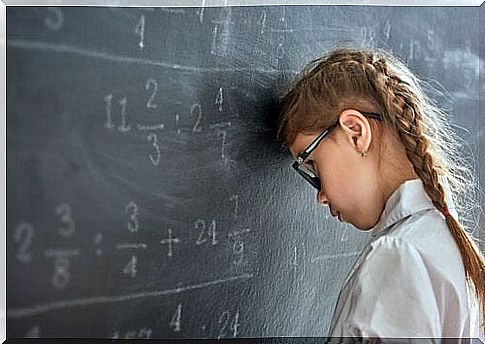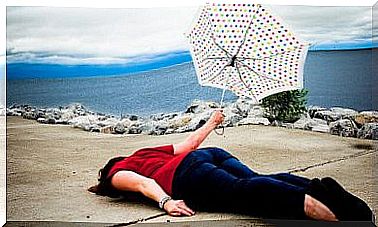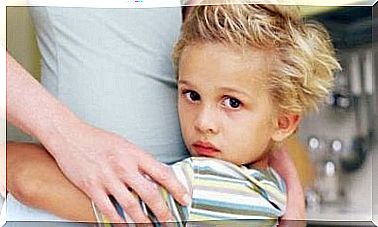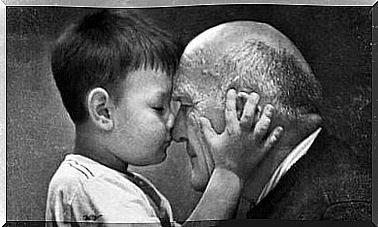Why Do Children Fail In School?

In this article, we’ll look at some of the causes and factors of school failure. This means not meeting the minimum academic requirements, which are determined by the education system. In many countries, large numbers of children do not meet this standard.
First, it is important to distinguish between failure and early school leaving. High school dropouts may be able to achieve the required academic standard, but decide not to complete compulsory high school on their own.
The term “failure” is controversial in itself. It suggests that people without formal educational qualifications have failed in life itself. It goes hand in hand with the idea that it is the student’s fault.

Let’s look at some of the most important features of academic failure.
Reasons for failing in school
- Lack of motivation or interest on the part of the student. This is more common in secondary school than primary school. Students who are not motivated often have parents who do not fulfill their role as mentors or leaders. Children and young people can easily be led astray if there is no one to show them the right way.
- Intellectual limitations. Students with cognitive disabilities are only a small percentage of those who fail to meet the minimum requirements in the education system. Research shows that approximately 2% of students have difficulty processing concepts, actions and information.
- Learning disabilities. Dyslexia and dyscalculia (problems with numbers) and difficulty concentrating are common problems among students and contribute to a large proportion of school failures.
- eye disorders. It may sound crazy, but nearsightedness and other eye problems can lead to serious frustration at school.
- Family and socio-cultural background. The conditions we live in can affect our performance at school. This does not necessarily mean that children of parents who are highly educated automatically do better in school. But there are studies that suggest this.
- Bad teaching. As with all types of work, there are good teachers and bad ones. A teacher’s ability to communicate knowledge clearly, treat students fairly, and control a class can make a big difference in student performance. However, this is a minor cause: when a student fails at school, it is rarely just because of a bad teacher.
Other factors leading to school failure
In addition to the reasons above, there are other factors that influence a child’s performance in school.
A first factor to consider is the emotional situation. This involves a child’s human relationships (with family members and peers), as well as their emotional balance and ability to control their feelings and behavior.
Another influence is the emphasis on educational success in the child’s family. Parents should set an example and support school children. They should sympathize with their difficulties and appreciate their achievements.
Another lesson for parents is not to measure just how much their children have learned by grades in school. School is much more than tests and exams. It is where we learn to interact, socialize, reason and solve problems.
With this in mind, we need to look at education in general. And we should not dwell too much on the statistics.

Finally, socio-economic conditions play an undeniable role in children’s school performance. According to The Spirit Level, an influential study of inequality by British writers Richard Wilkinson and Kate Picket, there is a strong link between poverty in a community and the education level of children.
School failure in numbers
While some statistics also include students who dropped out of school, there are numbers that provide insight into how many children fail in school.
Official surveys in Europe show that Spain and Portugal are the worst with around 20% of students failing school, but this figure has been falling in recent years.
Meanwhile, only 7% of students fail in Sweden, and in Croatia (2.8%), Slovenia (5%), Cyprus (5.3%) and Poland (5.3%) it is even lower.









